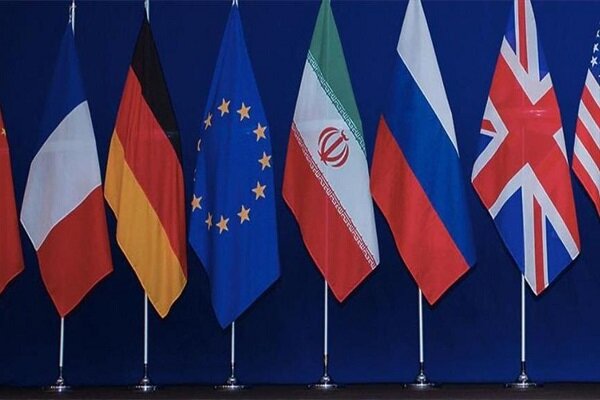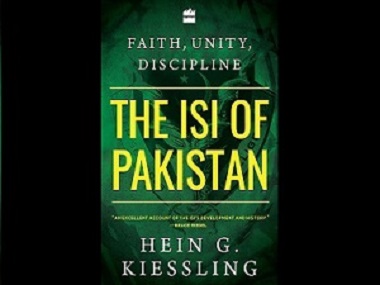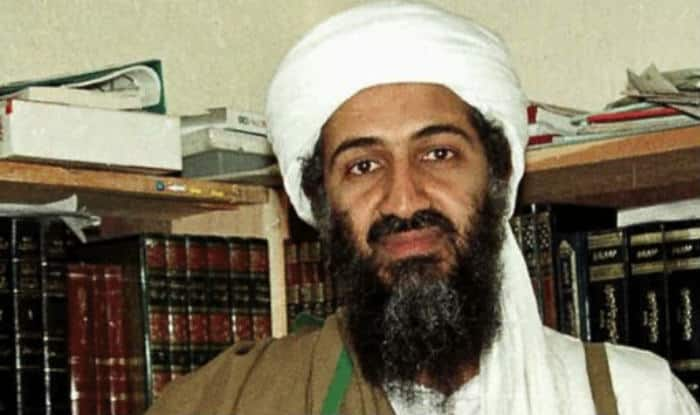The drop is steeper than in years past, according to FBI statistics.
September 23, 2024
Murders in the United States were down 11.6% in 2023, according to statistics released by the FBI Monday morning.
The murder rate went down from 6.2 per 100,000 people in 2022 to 5.7 per 100,000 people in 2023.
Violent crime, which is one of the top issues for voters in the presidential election, as a whole was down 3% from 2022 to 2023, according to the FBI.
MORE: Here's where the 2024 presidential candidates stand on crime and criminal justice
An FBI official said the drop in murders represents the "largest drop" since the agency has been collecting data, the agency said in a call with reporters on Monday.
"An estimated 1,218,467 violent crime offenses were committed in 2023, indicating a rate of 363.8 violent crimes per 100,000 inhabitants, down from the 2022 offense rate of 377.1 violent crimes per 100,000 inhabitants," the Uniform Crime Reporting Program report released on Monday said.
Jeff Asher, a former CIA data analyst told ABC News murder fell at it's fastest pace.
"Murder fell at the fastest pace ever recorded," Asher who is a co-founder of AH Datalytics said. "That eclipses 1996 when murder fell by 9.1%, which was previously the largest one year decline ever recorded."
Other crimes, like rape, decreased by 9.4%, aggravated assault decreased by 2.8%, and robbery decreased by 0.3%, according to the report.
Robberies also behaved differently during the pandemic and, unlike murders, went down during the shutdown and popped back up post-pandemic.
The number of law enforcement agencies who reported their data also increased from last year with 85.% of agencies actively enrolled in the FBI's UCR Program and cover a combined population of 315,761,680 (94.3%) inhabitants.
All 12 cities that have 1,000,000 or more people reported data, the FBI said.
A crime that increased in 2023 was motor vehicle theft, which increased 12.6%, the FBI said.
Overall, property crime decreased by 2.4%, burglary decreased by 7.6% and larceny theft decreased by 4.4%.
Hate crimes are up in the U.S. from 2022 to 2023, according to the FBI statistics - including the number of incidents, offenses and victims of hate crimes.
The FBI doesn't specify which group is the most targeted.
Murders down 11.6% in US as crime remains key election issue
Murders in the United States are down 11.6%, according to statistics released by the FBI on Monday morning.











)

